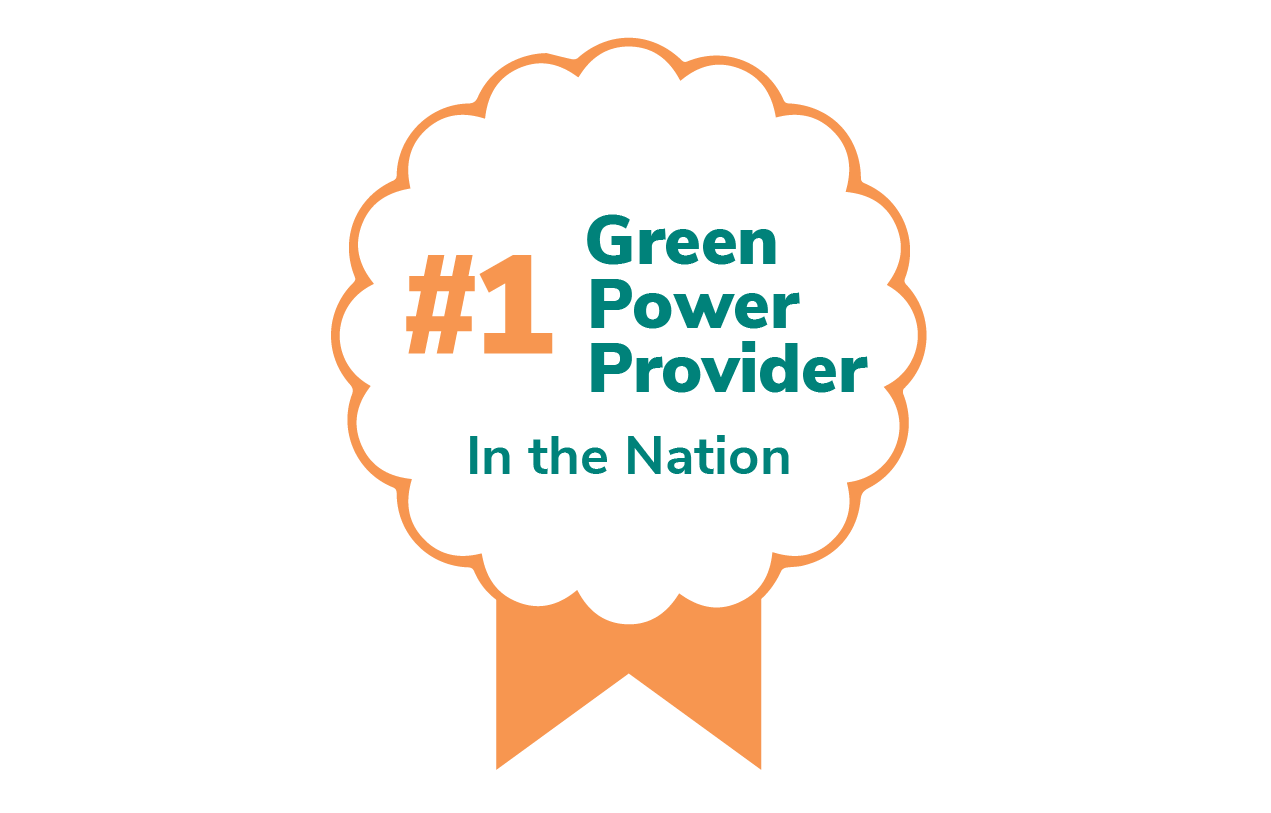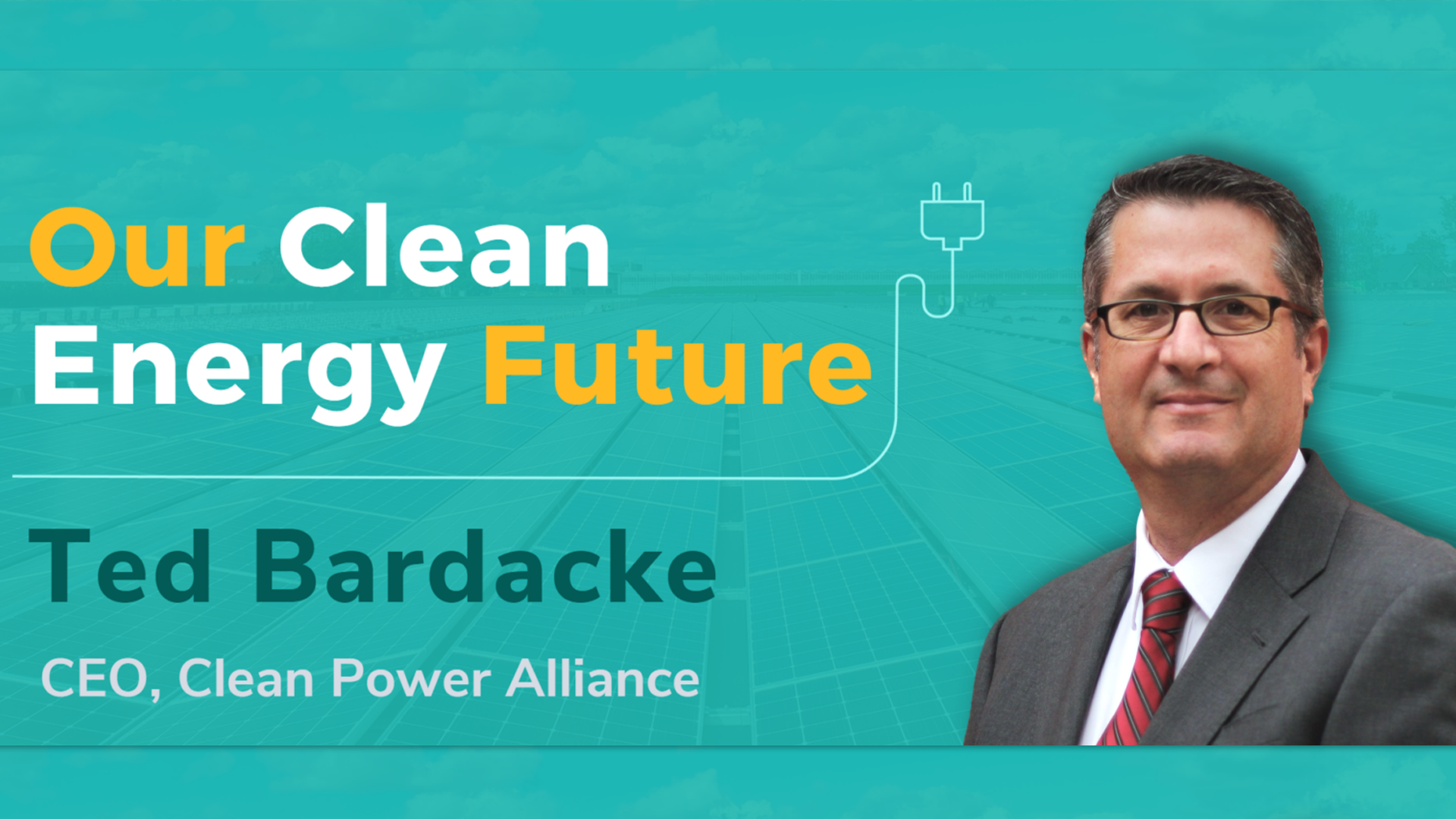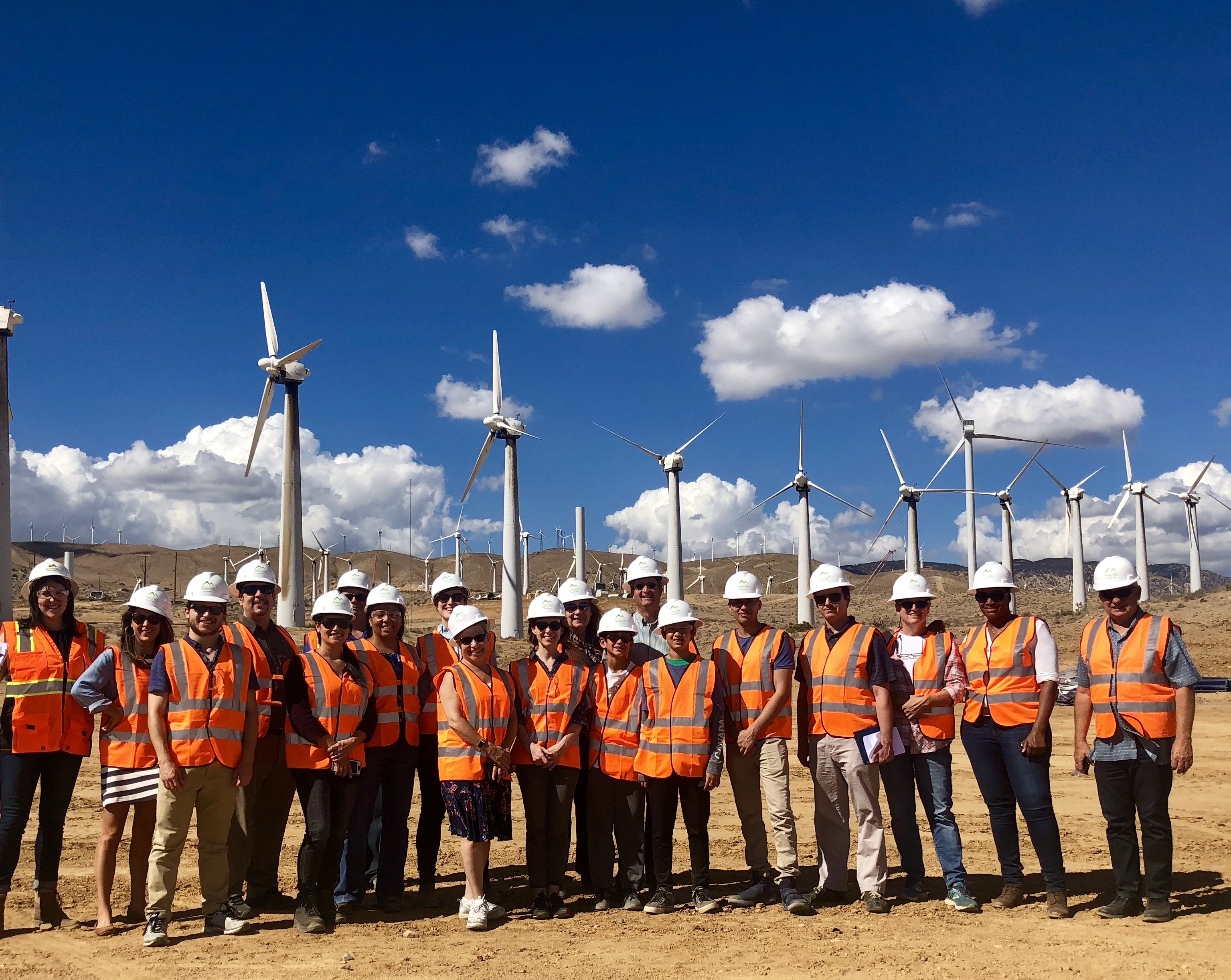Systemic issues impacting the clean energy transition have been dominating our industry’s news of late. A $7 billion investment plan to add dozens of new transmission lines in California to open more areas for renewable energy production. Proposals to streamline the permitting process to speed the construction of those resulting infrastructure projects. New efforts by the federal government to facilitate clean energy projects on federal lands. Attempts to sustain the momentum of shutting down coastal natural gas plants while confronting the reality that until we can build more and faster, California will continue to rely on those plants to safeguard the high reliability standards we’ve set for ourselves in the state.
These large-scale projects – and the speed at which they must be built – are vital to decarbonizing our electricity and transportation systems. And because of that, Clean Power Alliance is active in – and impacted by – these efforts. Our customers demand high levels of renewables and reliability. Our success in delivering on those demands depends on whether, as a state, we can create a new development framework that is more favorable to building things, while maintaining core protections for people and nature that we’ve erected over the past 50 years.
And yet with all this going on at a dizzying pace, we at CPA have also spent a lot of time over the past several months focusing on the little things, and lots of them. Programs to pay our customers to reduce electricity usage to strengthen grid reliability during times when that electricity is dirty, expensive and less available. Local decarbonization policies and projects around transportation and building electrification that will have quicker results than waiting for big state policies and funding to trickle down. And small solar and storage projects aimed at addressing the resiliency of buildings with critical community functions and the needs of our most vulnerable customers.
In theory, these small things aren’t required for a successful clean energy transition. Even the most optimistic studies about rooftop solar, for example, conclude that we are still going to need massive amounts of “traditional” utility-scale renewable energy development to reduce carbon emissions from the current catastrophic levels. But if we can harness all these little resources at our disposal and implement a strategy that directly benefits customers and incorporates their ability to be co-managers of the energy system, maybe our big challenges won’t be as daunting.
One program CPA launched this month is emblematic of this approach – and simple at the same time. Power Response Home is CPA’s latest demand response offering in the Power Response family of programs, which provides several opportunities for customers to participate. Power Response Home pays residential customers to reduce energy usage during when energy is expensive without the need to install any special equipment or turn over control over their thermostat for automatic monitoring and adjustments.
Participants in Power Response Home simply get a text message and then manually reduce their energy use with thermostat adjustments, turning off lights, delaying running of appliances, or unplugging devices not in use. And get paid to do it. This program is designed for customers who traditionally have been underserved or hard-to-reach by the energy industry – renters whose property owners won’t install new equipment because they would not receive the savings and/or low-income customers who simple can’t afford technology upgrades even if they are going to pay back in the long run. CPA believes so much in engaging these customers that we are offering them $20 just for signing up.
We are often told to not sweat the small stuff and to focus only on the big things that really matter. And when it comes to energy, in many ways that is true; if we don’t get the systemic things right, we are going to have an even worse climate on our hands. But the small things matter too, especially to the people who are looking for tangible improvements to their everyday lives.




